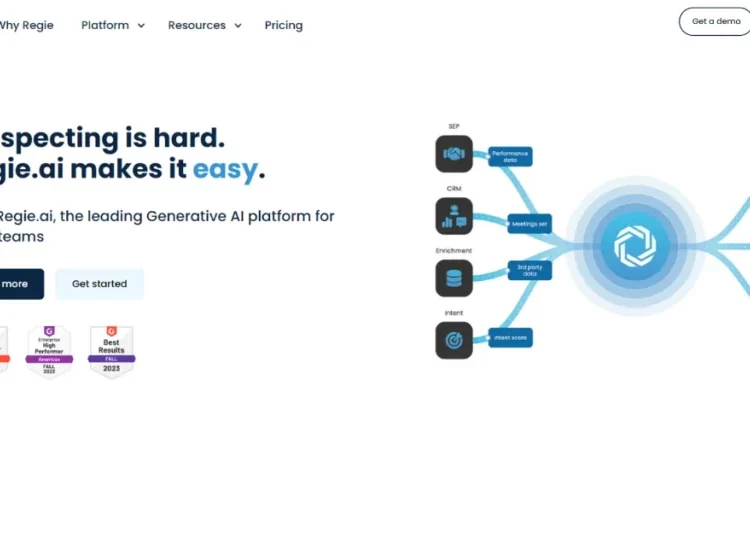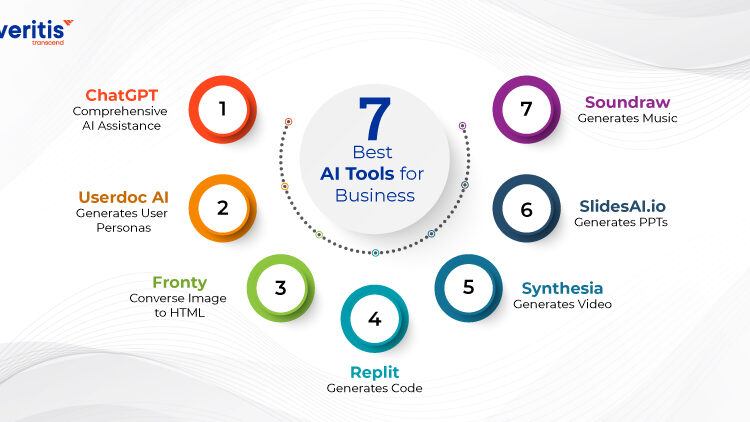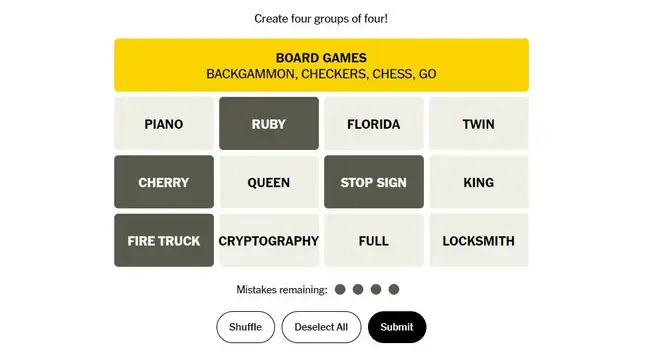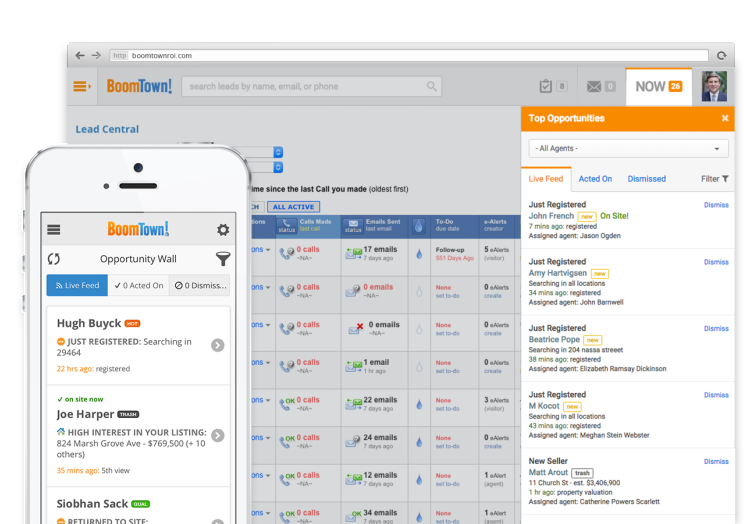Donating a car offers a unique opportunity to support meaningful causes while potentially securing valuable tax benefits. However, navigating the complexities of vehicle donation requires careful research and understanding. This comprehensive guide will help California residents, especially those in San Jose and the Bay Area, determine which charity is best to donate a car, addressing key considerations, tax implications, and potential pitfalls.
Toc
- 1. Understanding Car Donation Tax Deductions in California
- 2. Finding Reputable Car Donation Charities Near San Jose and Milpitas
- 3. The Car Donation Process: Step-by-Step Guide for San Jose Residents
- 4. Addressing Common Car Donation Questions
- 5. Avoiding Problematic Car Donation Charities
- 6. Best Practices for Successful Car Donation
- 7. Conclusion: Making an Informed Car Donation Choice
- 8. Related articles 02:
- 9. Related articles 01:
Understanding Car Donation Tax Deductions in California

Deductions vs. Credits
When considering the tax implications of donating a vehicle, it’s essential to understand the difference between a deduction and a credit. A tax deduction reduces your taxable income, which in turn lowers the amount of income that is subject to taxation. For example, if you donate a car worth $1,000, and you fall into the 22% tax bracket, your tax savings would be approximately $220. In contrast, a tax credit directly reduces the amount of tax you owe. So, if you had a $1,000 tax credit, you would save the full $1,000 regardless of your tax bracket. Understanding these distinctions can significantly impact your financial planning.
Avoiding IRS Scrutiny
Navigating the IRS guidelines for car donations is crucial for maximizing your potential tax benefits while avoiding scrutiny. When you donate a vehicle, the deduction is based on the actual sale price the charity receives, not its perceived market value. If the charity sells your car for less than $500, you may claim the fair market value, which is determined by the vehicle’s condition and other factors. For donations over $500, you’ll need to fill out IRS Form 8283 and maintain thorough documentation to substantiate your deduction.
Key tax considerations include:
- Sales Price vs. Market Value: The IRS dictates that the deduction amount is determined by the sale price the charity receives when they sell your vehicle. If the charity sells your car for less than $500, you can claim the fair market value based on the vehicle’s condition.
- Documentation Requirements: Maintaining accurate records is vital for successful tax claims. This includes keeping a copy of the title transfer, any correspondence with the charity, and the tax receipt provided after the donation. Donors often overlook the necessity of obtaining a receipt, which is essential during tax season.
Maximizing Your Tax Benefits
To optimize your car donation tax deduction:
- Choose a Charity with Efficient Sale Processes: Charities that have established partnerships with auction houses or a good track record of selling donated vehicles can often secure better sale prices, maximizing your tax deduction.
- Prepare Your Vehicle: Donating a vehicle in good condition not only benefits the charity but can also enhance your potential deduction. A well-maintained car is more likely to fetch a higher price at auction, translating to a better deduction for you.
- Keep Comprehensive Documentation: Document every step of the donation process, including the vehicle’s condition, the donation receipt, and any correspondence with the charity. This can help you substantiate your claim if questioned by the IRS.
Common Pitfalls to Avoid
Avoid these common pitfalls that can jeopardize your tax benefits:
- Failing to Obtain Proper Documentation: Without a tax receipt from the charity, substantiating your claim during an audit may be challenging. Always ensure you receive and retain this document.
- Overestimating Potential Deduction Amounts: Many donors mistakenly believe they can claim the full market value of their vehicle. The reality is that the IRS has specific guidelines in place that dictate how much you can deduct based on the actual sale price.
- Neglecting to Research Charity Effectiveness: Not all charities are created equal. It’s essential to investigate how a charity utilizes its donations and whether it has a good reputation.
Finding Reputable Car Donation Charities Near San Jose and Milpitas
When considering which charity is best to donate a car, several reputable national organizations stand out for their transparency and effective use of donations:
Top National Charities with Strong California Presence
- American Cancer Society: Known for its significant impact on cancer research and patient support, this charity utilizes vehicle donations to fund vital programs and services.
- Habitat for Humanity: This organization uses donations to build homes for families in need, making a direct and meaningful impact on communities.
- UNICEF USA: Focused on children’s health and education worldwide, UNICEF uses proceeds from vehicle donations to support essential programs that change lives.
Vetting Charities: An Essential Step
Before donating, it’s crucial to check a charity’s rating with independent organizations like Charity Navigator and GuideStar. These platforms provide ratings based on financial health, accountability, and transparency, ensuring you make an informed decision.
Local Bay Area Charities Making a Difference
For residents of San Jose and Milpitas, several local charities offer excellent car donation opportunities:
- San Francisco SPCA: A well-known animal welfare organization that focuses on rescuing and rehabilitating animals. Donating your car can help fund their various programs and services.
- Vehicles for Veterans: This charity supports military families and veterans in need, ensuring that your donation directly benefits those who have served our country.
- Local Community Development Organizations: Many grassroots organizations focus on enhancing local communities through various initiatives, from education to health services.
The Car Donation Process: Step-by-Step Guide for San Jose Residents
Preparing Your Vehicle for Donation
Preparation is key when donating your vehicle. Here’s how to get started:
- Remove Personal Belongings: Ensure that all personal items are taken out of the vehicle, including toll transponders and any personal documents.
- Clean the Vehicle Thoroughly: A well-maintained vehicle not only attracts potential buyers but can also lead to a higher sale price at auction. Clean both the interior and exterior to make it more appealing.
- Gather Maintenance Records: Having documentation of the vehicle’s maintenance history can demonstrate its condition and support your case when claiming a tax deduction.
- Ensure the Car is in Good Repair: If your vehicle requires minor repairs, such as fixing a dent or replacing a headlight, consider addressing these issues before donation. A vehicle in good working order is more likely to sell for a better price.
Essential documentation steps include:
- Sign the Vehicle Title Correctly: Transfer ownership by signing the title over to the charity, entering their name in the buyer/purchaser field. This is crucial for protecting yourself from potential liabilities associated with the vehicle after it’s been donated.
- Complete the Notice of Transfer and Release of Liability: This form informs the DMV of the change in ownership. It’s an essential step in ensuring you’re no longer responsible for the vehicle.
- Obtain Official Donation Receipt: After the donation, ensure you receive a tax-deductible receipt from the charity. This document is vital for claiming your tax deduction.
- Verify Charity’s Tax-Exempt Status: Ensure that the charity is a registered 501(c)(3) organization, which confirms that your donation is tax-deductible.
Addressing Common Car Donation Questions
Selling vs. Donating: Which Makes More Sense?
Many people wonder whether it’s more beneficial to sell their vehicle instead of donating it. Here’s a breakdown of both options:
Donation Benefits:
- Quick Process: Donating your car typically requires just a phone call or an online form submission, followed by a pickup appointment.
- Potential Tax Deduction: While you may not receive immediate cash, you can still benefit from a valuable tax deduction.
- Support Charitable Causes: Donating your car allows you to contribute to a cause you care about without the hassle of selling.
Selling Benefits:
- Immediate Cash: Selling your vehicle can yield a higher immediate profit, depending on its condition and market demand.
- More Control Over Vehicle’s Value: You have the option to set the price and negotiate with potential buyers.
- Potentially Higher Financial Return: If you have a desirable vehicle in excellent condition, selling may provide a better financial outcome.
Accepted Vehicle Types
Most charities accept a variety of vehicles, including:
- Cars
- Trucks
- SUVs
- Motorcycles
- Boats
- RVs
- Some non-operational vehicles: While charities prefer running vehicles, many will accept non-operational ones as well, especially if they have partnerships with recyclers.
Addressing Online Discussions About Car Donation
With the rise of online forums and social media, many discussions about car donations can be found on platforms like Reddit. Users often share their experiences and opinions on “which charity is best to donate a car.” Engaging with these discussions can provide additional insights into potential charities, but always ensure to verify claims with reputable sources to avoid misinformation.
Current Trends in Car Donation
The use of online car donation platforms has been increasing significantly. These platforms often partner with multiple charities, allowing donors to choose their preferred recipient. They offer convenience and transparency, but it’s essential to exercise caution and avoid using platforms that lack strong reputations or security measures. Researching user reviews and ratings can help you identify trustworthy services.
Frequently Asked Questions (FQAs)
- What if my car doesn’t run? Many charities will still accept non-operational vehicles. Check with the charity beforehand to understand their policies.
- How long does the process take? The donation process can typically be completed within a few days, including pickup and receipt issuance.
- What happens after the charity picks up my car? The charity will typically assess the vehicle, prepare it for sale, and eventually auction it or sell it through other means to maximize proceeds.
Avoiding Problematic Car Donation Charities
Red Flags to Watch For
When searching for the right charity, be mindful of potential issues. Here are some warning signs of unreliable charities:
- Low Ratings on Charity Evaluation Websites: Consistently low ratings can indicate poor management or lack of accountability.
- Lack of Transparency: Charities that do not disclose how donations are utilized may not be trustworthy. Look for organizations that provide clear financial reports and updates on how contributions are spent.
- High Administrative Costs: A high percentage of funds going towards administrative costs rather than direct services is a red flag. Aim to support charities that allocate the majority of their resources to their programs.
- Vague Mission Statements: Charities that have unclear or overly broad mission statements may lack focus. Look for organizations with specific goals and measurable outcomes.
Potential Legal Consequences of Donating to Fraudulent Charities
Donating to a fraudulent charity can have serious repercussions. If a charity isn’t legitimate and your deduction is disallowed, you could face IRS penalties. It’s crucial to verify the legitimacy of a charity to avoid these potential legal issues.
Recommended Research Strategies
Effective charity evaluation methods include:
- Use Multiple Review Platforms: Cross-reference information from sites like Charity Navigator, GuideStar, and the Better Business Bureau to get a well-rounded view of a charity’s reputation.
- Check IRS Tax-Exempt Status: Verify that the charity is a registered 501(c)(3) organization, ensuring your donation is tax-deductible.
- Read Independent Reviews: Look for external reviews or news articles about the charity to understand its impact and effectiveness.
- Contact Charities Directly: If you have specific questions about how your donation will be used, reach out to the charity for clarification.
Best Practices for Successful Car Donation
Maximizing Your Charitable Impact
To ensure your vehicle donation is as impactful as possible:
- Align Donation with Personal Values: Choose a charity that resonates with your beliefs and priorities. This connection can enhance the satisfaction of your contribution.
- Research Charity’s Specific Programs: Understanding how a charity uses donations can help you feel more confident in your decision.
- Consider Local vs. National Organizations: While national charities offer broader reach, local charities may have a more direct and immediate impact on your community.
- Understand Full Donation Process: Familiarize yourself with every step involved in donating your vehicle to ensure a smooth experience.
- Maintain Realistic Expectations: While donating can provide tax benefits, don’t expect a significant financial return. The primary goal should be to support a cause you care about.
Potential Tax Implications
Consulting a tax professional can provide valuable insights into your specific situation. They can help you:
- Understand Specific Deduction Rules: Tax professionals can clarify how to maximize your deduction based on your unique circumstances.
- Verify Potential Tax Benefits: They can help you understand the financial implications of your donation.
- Ensure Proper Documentation: Professionals can guide you on maintaining accurate records to support your tax claims.
- Navigate Complex IRS Regulations: Tax laws can be intricate, and professional guidance can help you avoid common pitfalls.
Conclusion: Making an Informed Car Donation Choice
Choosing the right charity to donate your car involves careful consideration of multiple factors. By understanding tax implications, researching reputable organizations, and following best practices, San Jose and Bay Area residents can transform an old vehicle into meaningful community support.
Remember, the best car donation experience combines personal satisfaction, potential tax benefits, and genuine community impact. Take the time to research, ask questions, and select a charity that resonates with your values and goals. Whether you’re looking to support veterans, animal welfare, or community development, the right charity is out there waiting for your generous contribution.
1. https://2mart.vn/mmoga-finding-the-best-lawyer-car-accident-a-comprehensive-california-guide/
3. https://2mart.vn/mmoga-cheap-car-insurance-orlando-a-guide-for-budget-conscious-drivers/
5. https://2mart.vn/mmoga-cheap-car-insurance-wisconsin-a-comprehensive-2024-guide/
1. https://2mart.vn/mmoga-cheap-car-insurance-wisconsin-a-comprehensive-2024-guide/
3. https://2mart.vn/mmoga-cheap-car-insurance-orlando-a-guide-for-budget-conscious-drivers/
5. https://2mart.vn/mmoga-finding-the-best-lawyer-car-accident-a-comprehensive-california-guide/










